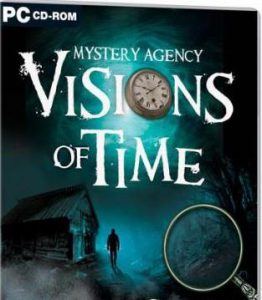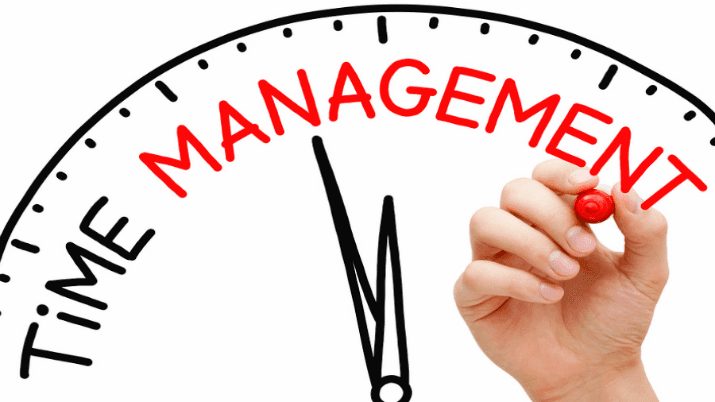
I was stood up last week by a hotshot NYC lawyer, someone I had not seen for at least ten years. To be exact, he turned up an hour late, by which time I had flown the coop. The individual in question first advanced the meet-up that same day at his Club from 830pm to 8p which I accommodated. Then he showed up at 9pm. The galling part was that he never once communicated that he was going to be late. I had called and pinged him four different ways. Instead, all he managed was to send me a text message at 9pm that said:
“I just arrived. Apologies. My dinner meeting took longer than expected. I tried to get her [sic] as quickly as I could. I didn’t have access to the internet and didn’t have your mobile number.”
Regrettably, this chap didn’t realise that by sending a text message ipso facto meant that he had my phone number, not to mention the fact that I had left him a voicemail message with my number. Our having communicated previously via Facebook Messenger had worked fine during the day. But apparently not when it counted. And, finally, obviously a call to his Club was also beyond him.
Evaluation? I give him an F Grade. Not an F for Friend either.
What better solution than to figure out the message in his sloppy behaviour and my irritation?
The way you manage your time is…
In today’s world, the way we manage our time is as deep a reflection as there is of who we are and the values we hold. I tend to say you merit your network. If one enjoys being late, then one will attract other likeminded individuals who don’t mind such behaviour. Of course, that said, if the other (tardy) person has such redeeming qualities that you are willing to put up with such manners, then you must make the choice. Should I stay or should I go?
Visions of time

In our daily interactions, time is a critical component. We can’t always be on time, so there are standard codes, such as warning in advance. Moreover, sometimes, true calamities do happen (accidents, etc.). In which case, all standard codes are changed. Meanwhile, here are some other time-related messages I have come across recently about planning ahead:
- I can’t plan that far out in advance (in this case, the event was in 4 weeks).
- Why don’t you come over for dinner tonight? (invitation sent at 7pm).
- “I’m going to be late” (message received 10 minutes after our appointed hour).
- I’m booked up for the foreseeable future.
Which one of these have you heard? Which one (if any) would irk you most?
Bottom line, we all have different appreciations of time. I often get quite riled up about tardiness. I believe it is utterly disrespectful to be late, not to mention standing someone up. I hold myself accountable to my own standards. In this digitally connected world, we not only have the wherewithal to communicate (consider the days before the mobile phone existed); we are all carrying clocks on the home-screen of our smartphone that are perfectly synchronised and accurate to the second. It’s hard to believe that all of us cannot do better at managing our time! Otherwise, I take refuge in the idea that you will earn the reputation you get for how you manage time and your friends.
Six ways to manage time better
They say that time is a reflection of cultural disposition. In a www life, where we are communicating fluidly around the world thanks to a multitude of wonderful messaging platforms, there are increasingly international norms being devised that transcend the borders.
Here are six ways to manage time better:
- Know why! I believe that the way you approach a meeting or deadline will reflect how you perceive its importance in your own world. I call this process Aligning Your North (your Direction). If you know why you are going to meet someone and that why is pertinent to your North, then it will become easier to show up on time. If an event you're attending is not important to you, then you should genuinely quiz yourself as to why you bothered in the first place. Share on X
- Make real change. If you find yourself always running late (and decide you would rather not be), then you need to make some serious adjustments, including the way you organise your day, the number of things you are trying to achieve, etc. If you do what you always did, you will get what you always got. #myndset Share on X
- Anticipate more. For example, anticipate that there will be a traffic light that will not be in your favour. When you know the meeting or dinner is running late, you anticipate the consequences for the next appointment.
- Include gaps. Make sure that your day doesn’t have you doing back-to-back meetings. Not only is that not tenable, it is not practical or, ultimately, productive. If you must, you can even schedule in 'nothing' into your agenda. Share on X Aside from anything, down time is necessary for strategic thought and/or for the brain to repair!
- Create shared calendar appointments for all participants. This can take some getting used to, but it surely helps that both people have the same details.
- Use a map app like Google Maps (my preference) to figure out timing for your mode of transport and then add in a buffer. The more often you use it, the more familiar you will be with its accuracy (e.g. walking speed).
In business (and in life in general), if you expect others to show up on time, you must lead by example. I fundamentally believe that time mismanagement is one of the biggest flaws and inefficiencies in business. I tend to apply the same to my personal life, which may seem a little extreme, but I like to say:
In order to optimise your energies and output, you ought to be the same person in your professional life as you are in your personal life. Share on XYour thoughts and reactions are welcome!












Trackbacks/Pingbacks